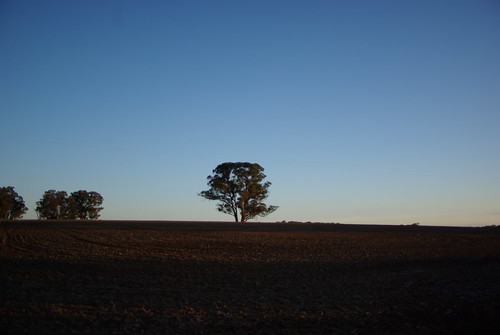Rutherglen result shows Labour closing in on an impossible election turnaround
Rutherglen #Rutherglen

Keir Starmer was not wrong to describe the result of the Rutherglen and Hamilton West byelection as “seismic”. Labour’s gain was on a massive swing, 20 percentage points, that even the party’s wildest optimists could not dare predict.
The circumstances of the byelection were embarrassing for the SNP, the recall petition was an opportunity for a sustained period of Labour campaigning, a strong candidate was in place and both the SNP in Scotland and the Conservatives in the UK were running unpopular governments. But even accounting for all these factors, and the low turnout, the result was a big vindication for the Labour party with more general significance.
Rutherglen was the first Westminster byelection in which the SNP has lost a seat it was defending. The traffic is usually in the other direction, as with the shock SNP gain in Hamilton back in 1967 that brought the nationalists into contention across Scotland.
To lose byelections is the fate of parties that have been in government for an extended period, as the SNP has for the last 16 years, but the size of the swing suggests that the 2026 Holyrood elections could see a proper challenge to the SNP’s power.
The SNP’s 28% support on a low turnout suggests that the passion that has driven the pro-independence movement since 2014 is waning. The collapse in the Conservative vote, from 15% in 2019 to a deposit-losing 4% last night, is testament to the UK government’s unpopularity but also Labour’s ability to squeeze the vote of the other pro-union parties.
At a UK level, Labour’s defeat in 2019 left the party with a seemingly impossible task if it was to win a majority in the next election. On a uniform national swing, a landslide popular vote margin such as the party achieved in 1997 would translate into only a tiny parliamentary majority. The only ways of avoiding this daunting target were if the swing to the party was concentrated in the formerly marginal or Labour seats the Conservatives won by miles in 2019, or if there were to be a strong Labour recovery in Scotland.
Rutherglen and Hamilton West byelection result
In 2019 Labour seemed to be in a “triple lock” keeping it out of power and looked unlikely to beat any of its conditions: massive swing, advantageous distribution of swing, recovery in Scotland. But in 2023 everything has changed. The national polls show a huge swing, the local elections and the Selby and Ainsty byelection showed a particularly high swing just where it is needed (Tamworth will be another test), and now Rutherglen and Hamilton West demonstrates Labour on the march in Scotland. An outright Labour majority has moved from being a fringe possibility to being solidly indicated by several different pieces of psephological evidence. The triple lock keeping Labour out has been unpicked. If this is reflected in the general election result, it would be a historic result. It is very unusual for a secure majority of one party to be replaced in a single election by a secure majority for the other. This last happened when Edward Heath’s Conservatives won in 1970.
Labour’s quest for an absolute majority becoming a credible enterprise will change the shape of the general election campaign. Unless the polls reverse sharply, Starmer will be able to brush aside the distracting questions about hung parliaments and relations with minority parties, particularly the SNP, and concentrate on portraying the election as the choice between Conservative and Labour government.
skip past newsletter promotion
Our morning email breaks down the key stories of the day, telling you what’s happening and why it matters
Privacy Notice: Newsletters may contain info about charities, online ads, and content funded by outside parties. For more information see our Privacy Policy. We use Google reCaptcha to protect our website and the Google Privacy Policy and Terms of Service apply.
after newsletter promotion
One has to work very hard to find any downside for Labour in Rutherglen and Hamilton West, but if there is one the byelection might point to the SNP hanging on in the 2026 Scottish parliament elections. They are likely to take place in the difficult mid-term of a Westminster Labour government.